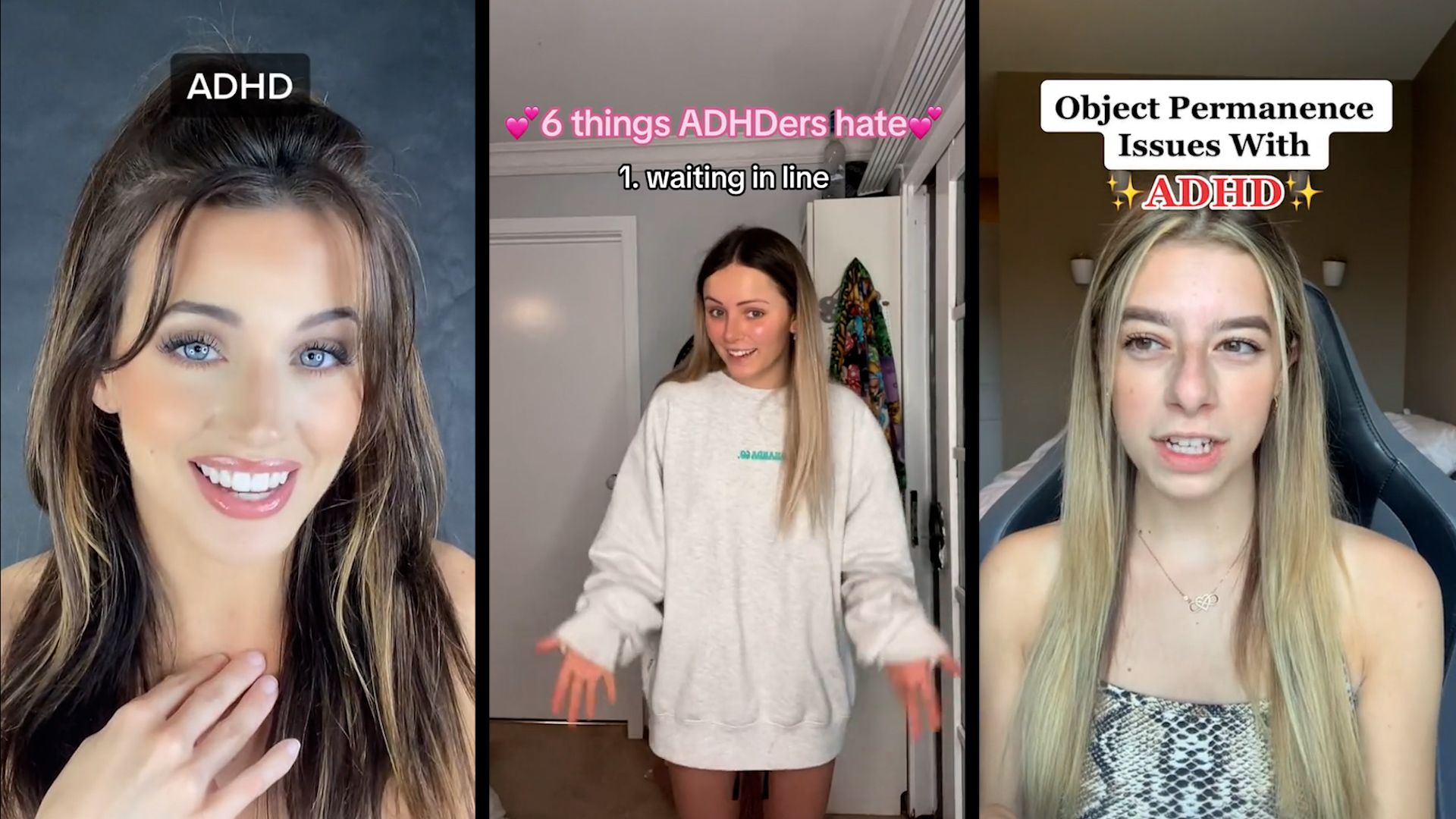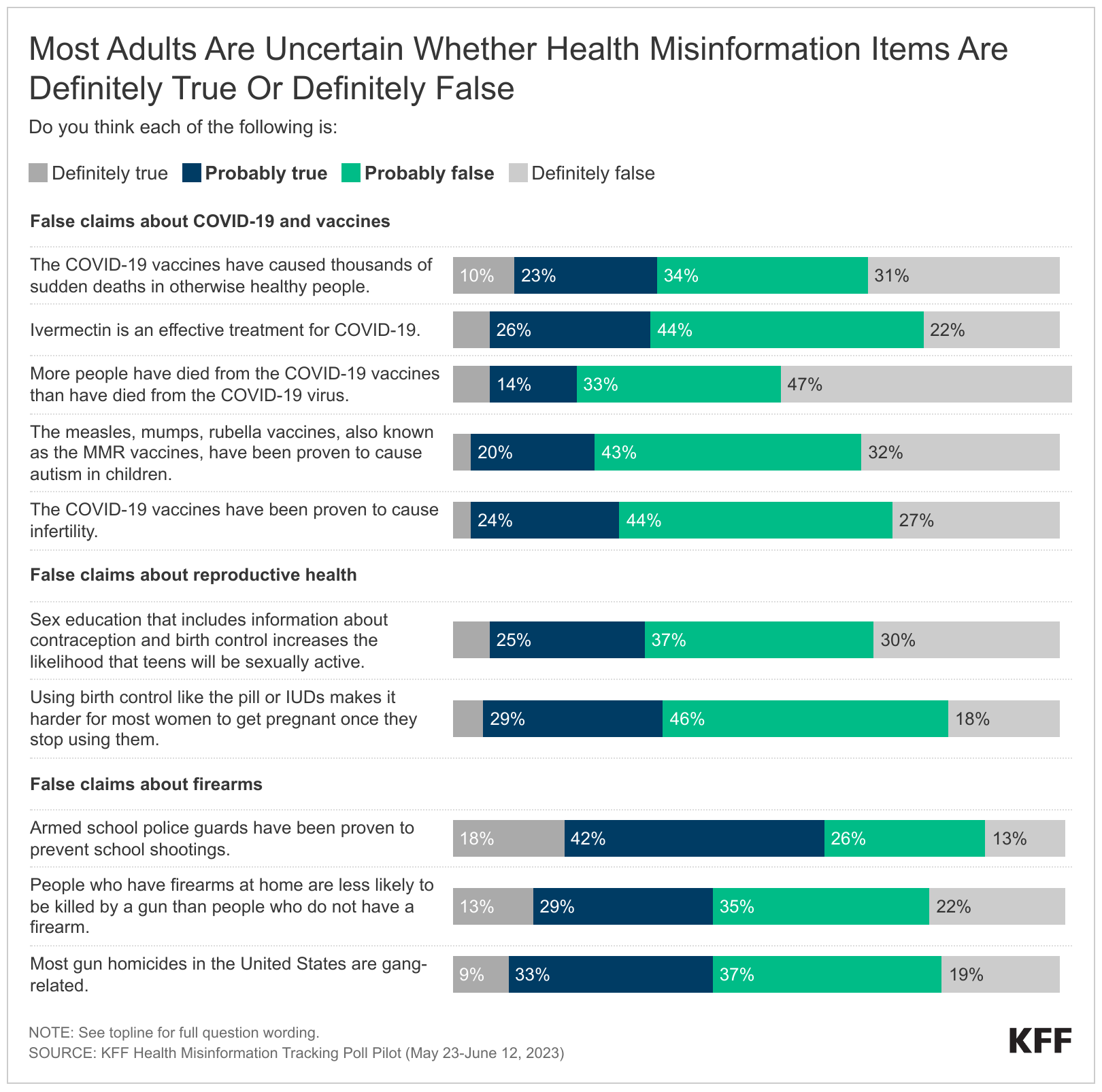Introduction
In the age of algorithms, infodemic spreads faster than facts. Social media platforms like TikTok, Instagram, and YouTube have become go-to sources for mental health advice. But as recent studies show, more than half of these popular posts contain misleading or outright false information (People, 2025). The result? A generation that’s more aware of mental health but dangerously misinformed.
Read More- Radicalization
Infodemic
The Problem
Mental health misinformation is tricky because it often comes in the form of relatable content. A TikTok creator saying “5 ways to cure your anxiety instantly” with soft music and pretty captions seems harmless—until you realize none of those “tips” are evidence-based.
The illusion of authenticity adds to the danger. Influencers use personal stories and raw emotion to build trust, creating parasocial relationships where followers believe they’re receiving genuine support. But without proper training, they’re more likely to share anecdotal experiences or oversimplified versions of complex disorders (APA, 2024).
Some even monetize their content, selling supplements, e-books, or “coaching” packages that can delay or replace professional treatment.
Who’s Most at Risk?
Teens and young adults are the most vulnerable. A 2024 Pew Research study found that 62% of Gen Z trust social media influencers more than doctors for wellness advice. Adolescents, whose critical thinking skills are still developing, may accept this misinformation at face value.

People facing stigma around mental health or lacking access to care are also likely to turn to online resources. Marginalized communities may feel safer discussing issues in digital spaces, making them more exposed to unchecked advice.
Psychological Impact
The mental toll of misinformation can be devastating. False claims may:
- Delay diagnosis and treatment.
- Worsen symptoms through ineffective self-treatment.
- Increase stigma by misrepresenting conditions (e.g., portraying OCD as “liking things neat”).
- Reinforce feelings of hopelessness when quick fixes fail.
Combating the Chaos
Some ways to combat the chaos include-
- Algorithmic Labeling- Platforms should treat health misinformation with the same urgency as political or COVID-19 content. Tags like “unverified advice,” links to verified sources (e.g., CDC, APA), and warning popups can encourage users to fact-check.
- Verified Expert Tags- Psychologists, therapists, and psychiatrists should receive visible credentials. Platforms could work with licensing boards to verify qualifications, similar to LinkedIn’s certification system.
- Media Literacy Education- We need to teach digital literacy early. High school and college courses should include how to vet sources, recognize bias, and understand peer-reviewed research.
- Influencer Collaboration- Rather than shutting them down, platforms and mental health orgs should partner with influencers. Initiatives like TikTok’s collaboration with the National Alliance on Mental Illness (NAMI) are steps in the right direction.
- Built-in Fact-Checking Features- Imagine an Instagram pop-up when someone posts about depression that says, “Did you mean clinical depression? Here’s how it’s diagnosed.”
- Community Moderation- Empowering users to report false content and upvote credible sources builds a sense of ownership. Reddit’s model of community-specific moderators offers a strong blueprint.
- Policy and Regulation- Governments can mandate transparency in health-related content, requiring disclosure of credentials or links to verified health data.
What You Can Do
- Follow Real Experts: Look for credentials (PhD, PsyD, LCSW) and affiliations (APA, NIMH).
- Pause Before Sharing: Ask yourself, “Is this advice safe, accurate, and appropriate for others?”
- Start Conversations: If someone shares misinformation, respond with curiosity, not condescension.
Case Studies
Case 1: TikTok “ADHD Girls” Trend
Many users posted videos claiming, “If you do these 5 things, you have ADHD.” The content went viral but oversimplified a complex disorder. As a result, some teens self-diagnosed and requested unnecessary medication.

Psychiatrist Dr. Miriam Solis notes, “It created a tsunami of patients who misunderstood what ADHD actually is.”
Case 2: Instagram Therapy Pages
A positive example: @TheHolisticPsychologist, a licensed clinical psychologist, blends visuals with evidence-based practices, disclaimers, and book recommendations. Her posts generate healthy discussions and self-reflection.
Conclusion
We can’t just yell “fake news” at every questionable video. Young people seek empathy and understanding—and we can give them that without sacrificing science. The solution lies in combining empathy with evidence, aesthetics with accuracy, and influence with integrity.
Social media isn’t going away—but neither is psychology. It’s time the two met on equal ground.
References
American Psychological Association. (2024). The Psychology of Misinformation. APA Press.
People Magazine. (2025). TikTok Mental Health Tips Contain Misinformation: Report. Retrieved from: https://people.com
Pew Research Center. (2024). Gen Z and Social Media Trust Trends.
Solis, M. (2024). Public Psychiatry in the Digital Age. Journal of Clinical Psychology.
Subscribe to PsychUniverse
Get the latest updates and insights.
Join 3,027 other subscribers!
Niwlikar, B. A. (2025, June 16). Infodemic and 7 Important Ways to Fight It. PsychUniverse. https://psychuniverse.com/infodemic-and-7-important-ways-to-fight-it/




